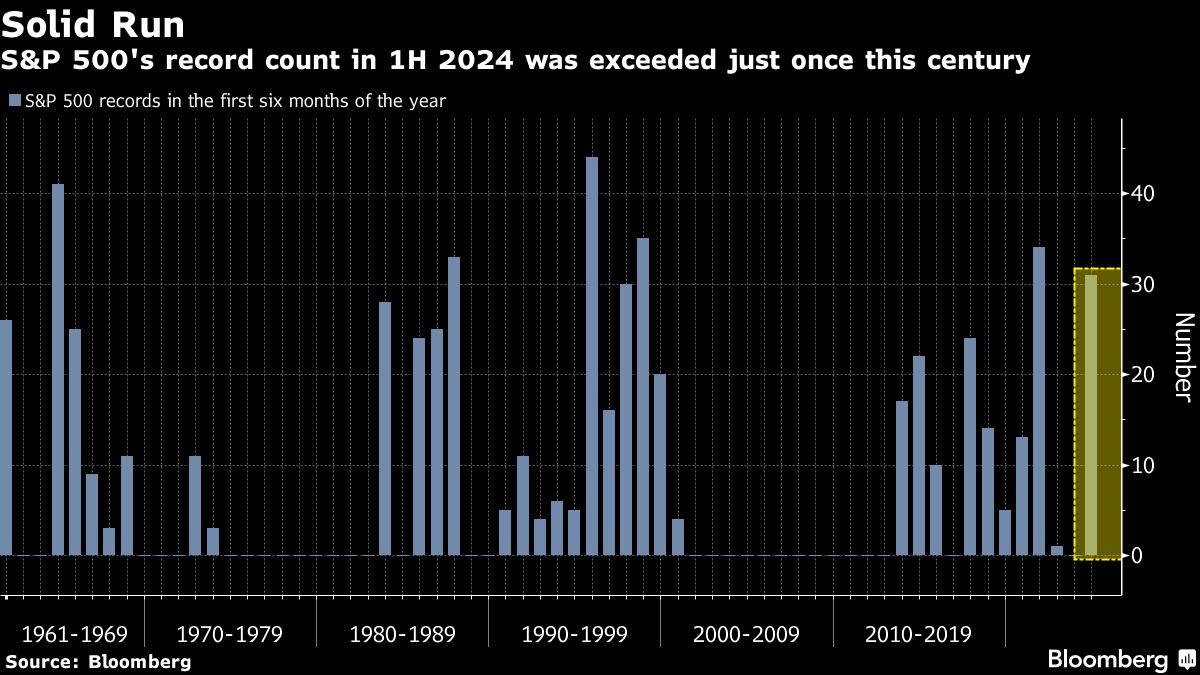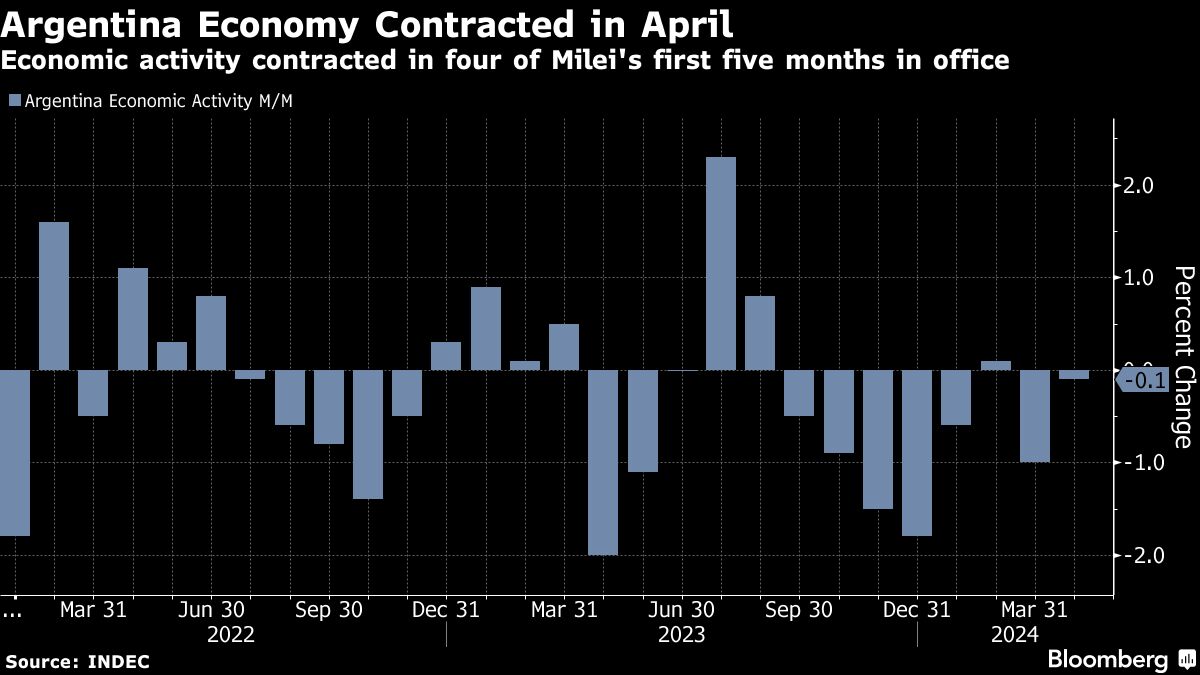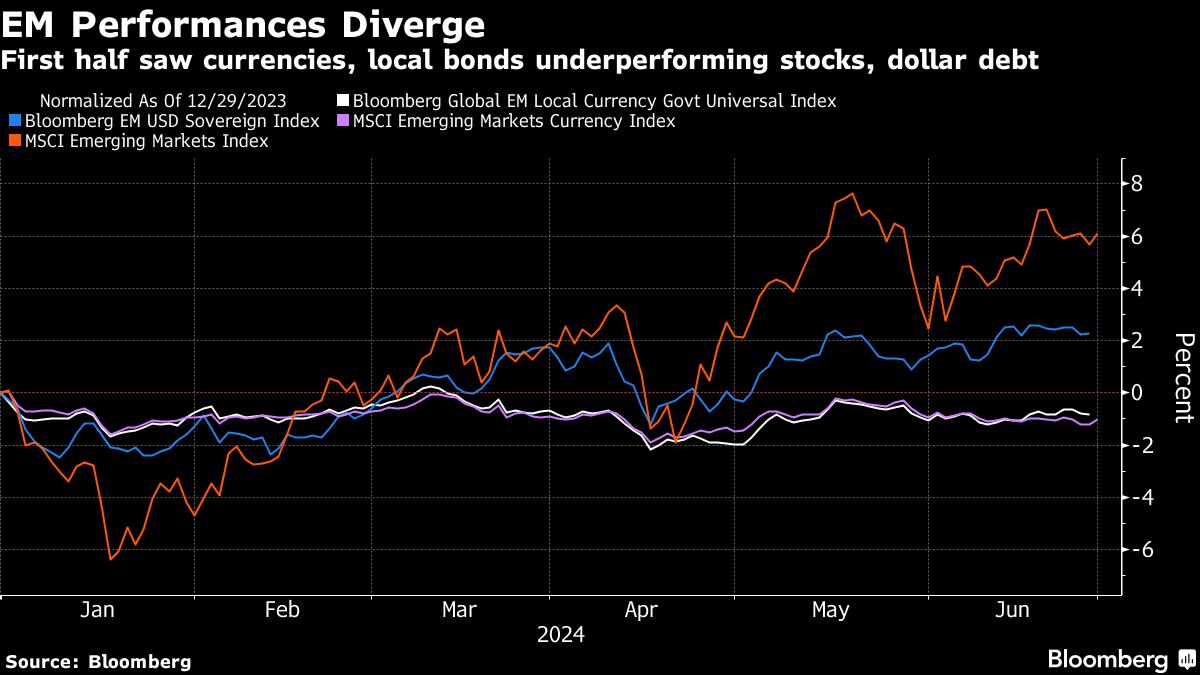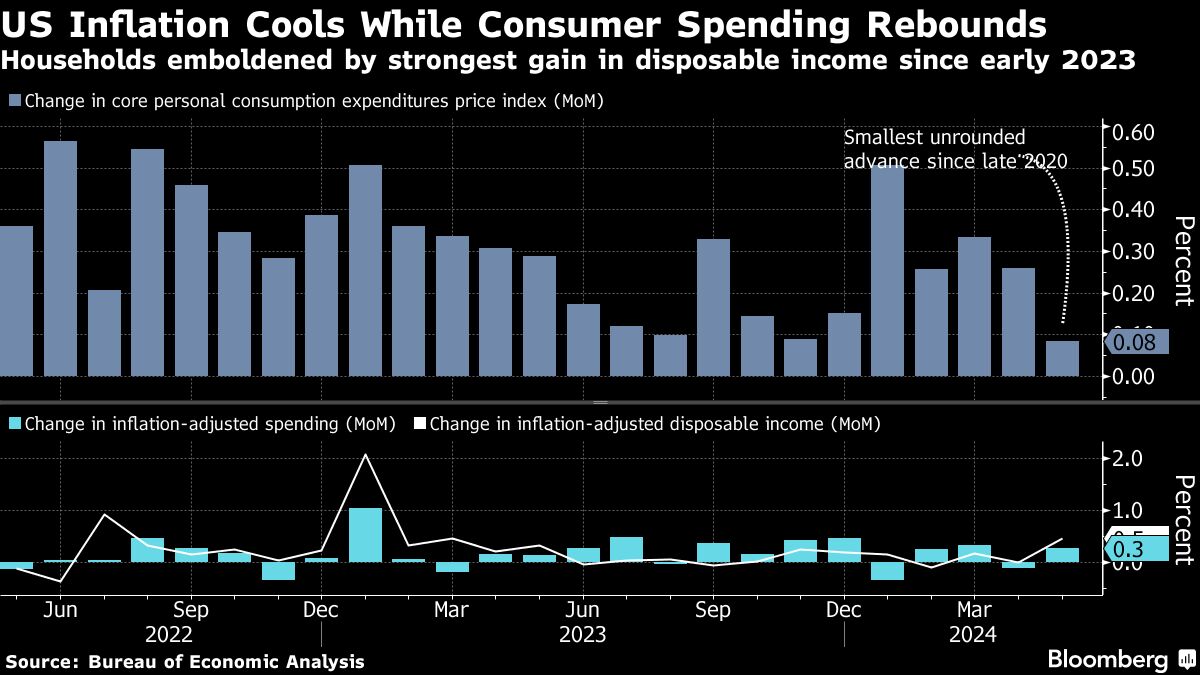
THESE ARE THE BEST COLLEGE MAJORS TO LAND A JOB (AND THE WORST)
The value of higher education has increasingly been questioned as more college graduates enter the workforce with high debt and low-salary jobs.
Read more: Is College Worth It?
Employers have even spoken about the limited value of a college degree when it comes to employee work ethic and talent, but some college degrees bring a higher return on investment than others.
Which Degrees Have the Highest Return?
According to a new study by UTS Online, these were the top college majors if you want to get a job out of college: Industrial Engineering, Construction Services, Medical Technicians, General Social Sciences, Nursing, General Education, Elementary Education, Mechanical Engineering, Animal and Plant Sciences and Secondary Education.
Read more: How Much Does Medical School Cost?
Industrial engineering had the lowest unemployment rate, with only 0.2 percent of graduates being unemployed, and only 16 percent of graduates reported regret about their major decision.
"Majors with the lowest unemployment rates such as Industrial Engineering, Construction Services, and Medical Technicians are typically fields with clear career paths and high demand for specific skills," HR consultant Bryan Driscoll told Newsweek. "This demand is driven by the essential nature of these professions and their direct impact on critical infrastructure and health care, sectors that continue to grow and innovate."
Construction services and medical technicians were tied at number two, having a second-lowest unemployment rate of 0.4 percent. Those who majored in general social sciences saw an unemployment rate of just 0.6 percent, making them third.
Despite that, many regretted this major, with 29 percent of graduates saying they should have chosen a different career path.
Meanwhile, the degrees that had the highest amount of regret tended to center around the arts, with art history, liberal arts and fine arts having some of the highest unemployment rates across all majors.
Driscoll said this reflects the current job market, which prioritizes STEM fields.
"The most regretted majors like English, foreign languages, and certain social sciences often face the criticism of being 'impractical' or offering 'limited job opportunities,'" Driscoll said. "This sentiment is largely a reflection of our capitalist society's devaluation of humanities and social sciences, things that aren't directly and immediately profitable."
Art history majors saw the highest unemployment rate at 8 percent, and 25 percent regretted their choice of major. The high level of regret likely stems from the fierce competition within the art industry as well as the requirements for additional degrees to get the top positions.
Liberal arts and fine arts majors saw a very similar unemployment rate of 7.9 percent, and around the same percentage expressed dissatisfaction about their major looking back.
History majors suffered from a 7.5 percent unemployment rate, and 29 percent regretted their degree choice. That was nothing compared to the whopping 42 percent of English Language graduates in America that regret their degree choice, however.
Attending college still generally boosts your odds of earning a higher-paying job, as Bachelor's graduates earn 80 percent more than high school graduates, according to the U.S. Bureau of Labor Statistics.
"Surprising" Point from the Study
One of the more surprising points from the study, according to Alex Beene, a financial literacy instructor at the University of Tennessee at Martin, was that a more stable job with low unemployment numbers didn't necessarily always translate to higher satisfaction.
"It also may be a surprise to some that despite the strong employment numbers, some of these same jobs have those regretting they went into them," Beene told Newsweek. "Even in higher paying jobs in these areas, we're seeing employees discouraged and even leaving their jobs because they're simply burned out."
He added: "Sure, you may be able to easily find a job in education. But if every job has you working on paperwork far past the eight-hour workday, it's easy to see why some start to feel overworked and underpaid."
There are looming issues as well in the data. The significant difference in value between an arts degree and an engineering one could be reflective of a broader systemic issue, Driscoll said.
"Our education system and job market prioritize immediate economic return over the holistic development of an individual's intellectual and critical thinking skills," Driscoll said. "Fields like English and Philosophy are essential for fostering critical thought, creativity, and a deeper understanding of the human condition—skills that are crucial but often underappreciated in a profit-driven job market."
2024-06-27T20:27:59Z dg43tfdfdgfd











